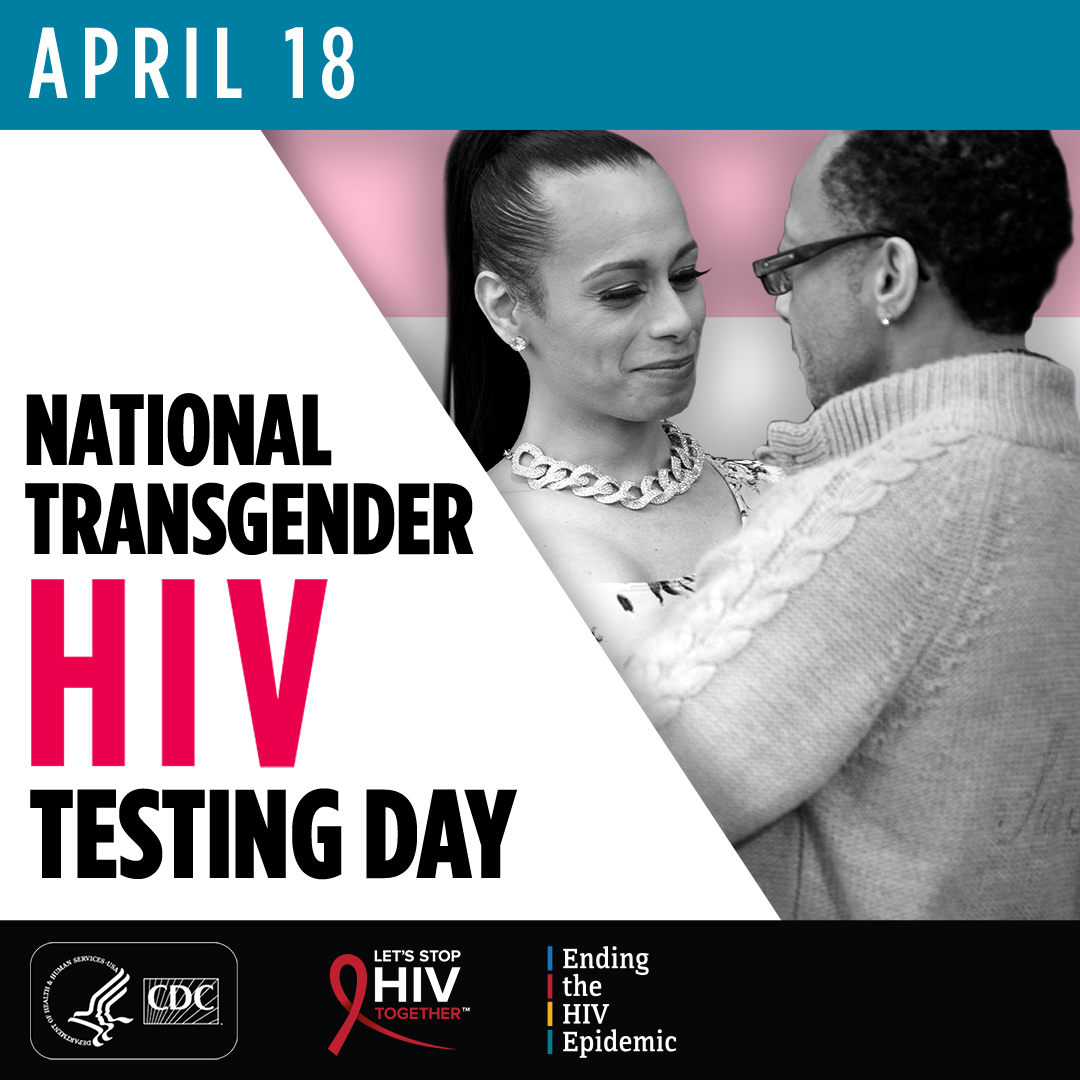

April 18
National Transgender HIV Testing Day (NTHTD) was first observed on April 18, 2016. The community lead is UCSF’s The Center for Excellence in Transgender Health. ![]()


National Transgender HIV Testing Day (NTHTD) was first observed on April 18, 2016. The community lead is UCSF’s The Center for Excellence in Transgender Health. ![]()
November is Transgender Awareness Month.
November is Transgender Awareness Month.
November is Transgender Awareness Month.
November is Transgender Awareness Month.
November is Transgender Awareness Month.
Remember those lost and celebrate those who continue to struggle for equality.
A vigil will be held at the Old Dutch Reformed Church in Kingston on Monday, Nov 21 from 5:00 to 7:00 pm. Sponsored by the Hudson Valley LGBTQ Center
October 28, 2016 – HEALTH ADVISORY: NYSDOH MENINGOCOCCAL VACCINE RECOMMENDATIONS FOR HIV-INFECTED INDIVIDUALS AND THOSE AT HIGH RISK OF HIV INFECTION
The CDC and the New York State Department of Health says that people who are HIV+ or are high risk for becoming HIV+ are at increased risk for invasive meningococcal disease (IMD). They are recommending that adults who are HIV+, children older than 2 months who are HIV+, and those at high risk for new HIV infection (especially those who are good candidates for pre-exposure prophylaxis, or PrEP, which includes men who have sex with men (MSM) and transgender people) should get a meningococcal vaccine.
The vaccine is covered by Medicaid, ADAP and private insurance.
Invasive meningococcal disease is a serious bacterial infection caused by the bacterium Neisseria meningitidis. The bacteria can invade the body causing serious illness, like meningitis. It can also cause septicemia—an infection of the bloodstream. Bacterial meningitis is very serious and can be deadly. Death can occur in as little as a few hours. While most people with meningitis recover, permanent disabilities such as brain damage, hearing loss, and learning disabilities can result from the infection.
In response to epidemiological data indicating increased risk for certain sub-types of invasive meningococcal disease (IMD) among people living with HIV, updated recommendations regarding meningococcal vaccination have been issued by the CDC’s Advisory Committee on Immunization Practices (ACIP).
Specific vaccine recommendations are available for young children living with HIV, persons living with HIV and also persons at high risk for HIV infection, including people taking/ eligible for PrEP, including transgender individuals and MSM.
Committee on Immunization Practices (ACIP) voted to recommend that persons aged ≥ 2 months with HIV infection should receive meningococcal conjugate (MenACWY) vaccine, either MenACWY-D (Menactra®), MenACWY-CRM (Menveo®) or, as age-appropriate, Hib-MenCY-TT (MenHibrix®, recommended for ages 2-18 months).1
This recommendation was made based on epidemiologic data demonstrating an increased risk of invasive meningococcal disease (IMD) due to serogroups C, W and Y among HIV-infected persons in the United States.
HIV-infected persons have not been demonstrated to be at increased risk of serogroup B disease, and use of serogroup B (MenB) vaccine has not been studied in this group; for this reason MenB vaccine is not recommended for HIV-infected persons unless they have another indication for this vaccine.
HIV-infected individuals have suppressed immune responses to MenACWY vaccine, as well as waning of vaccine-induced immunity. For this reason, a multi-dose primary series and regular booster doses are necessary to maintain protection against IMD.
In response to the ACIP recommendations, the NYSDOH advises healthcare providers to administer MenACWY vaccine to:
Vaccine costs and administration fees for HIV-positive individuals are reimbursable through the New York State Medicaid program and the AIDS Drug Assistance Program, as well as private insurance. MenACWY vaccine is covered under the Vaccines for Children (VFC) and Vaccines for Adults (VFA) programs for eligible children and adults.
MenACWY vaccine is also an allowable State Aid expense under Article 6 for LHDs unable to recoup the costs of vaccination through billing. Healthcare providers are reminded to report immediately both suspect and confirmed IMD cases to the LHD where the patient resides. Do not wait for laboratory confirmation to report. Contact information for LHDs can be found at http://www.health.ny.gov/contact/contact_information/index.htm.
Healthcare providers are reminded to immediately report both suspect and confirmed IMD cases to the local health department where the patient resides. Clinicians with questions regarding vaccine recommendations should contact the NYSDOH Bureau of Immunization at immunize@health.ny.gov or 518-473-4437 or the AIDS Institute Office of the Medical Director at 212-417-4536.
Read the full announcement from the New York State Dept. of Health (PDF)